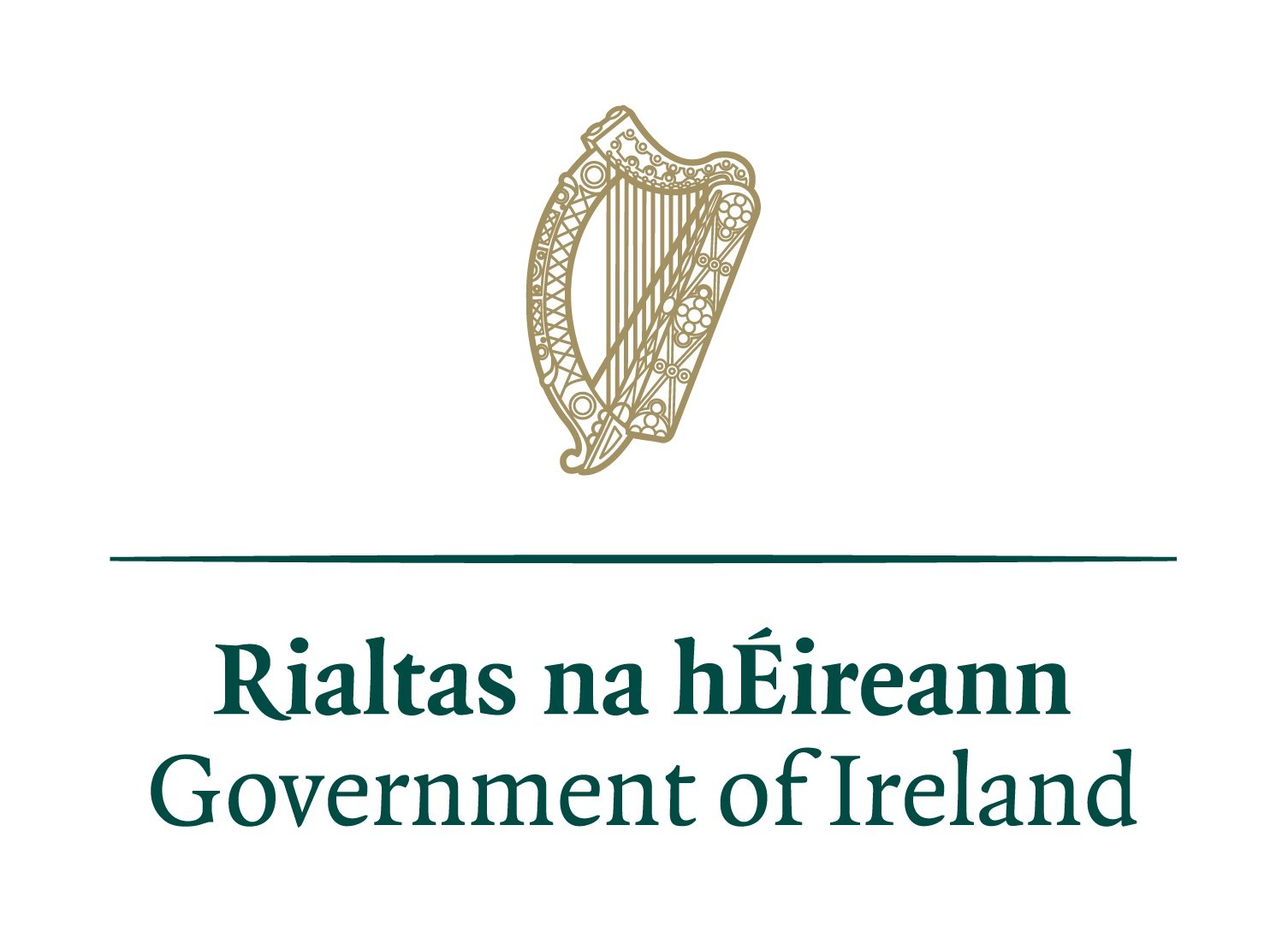Board Evaluations
If you are looking for a way to improve your Board's performance, consider engaging Lionheart Corporate Governance to conduct your Board evaluation. Lionheart can help you identify areas where the board is excelling and areas where it can improve. Lionheart can also help you develop a plan to address any potential problems.
Feel free to contact us at admin@lionheart.ie or fiona@lionheart.ie
🌍✨ Protected Disclosures 2023
From December 17, 2023, The Protected Disclosures (Amendment) Act 2022 expands its reach to organisations with 50 to 249 employees.
This landmark legislation, enacted in January 2023, transposes the EU Whistleblowing Directive and mandates robust reporting channels for workers to safely disclose concerns about wrongdoing.
Previously, the Act's obligations applied exclusively to private sector organisations with 250 or more employees, along with public bodies and entities governed by specific EU regulations.
With the upcoming expansion, employers with 50 to 249 employees must now establish formal reporting procedures to safeguard whistleblowers.
The Act emphasises the confidentiality of whistleblower identities, ensuring that reporting individuals are not subjected to retaliation or dismissal.
It also broadens the scope of protected disclosures to include a wider range of wrongdoing, encompassing areas like environmental breaches and public health concerns.
Lionheart Corporate Governance is advising its clients whose obligations may come under the Act to thoroughly review their existing whistleblower policies to ensure compliance and alignment with the Act's requirements.
🌍✨ CSRD
We frequently get asked to explain the Corporate Sustainability Reporting Directive (CSRD) to Boards of Directors.
The CSRD is a new EU law that will require large companies and listed SMEs to report on their sustainability performance. It is the biggest change in sustainability reporting regulation in over a decade, and it will come into force on a phased basis from January 2024.
New CRO Requirements
NEW PPSN REQUIREMENT FOR IRISH DIRECTORS
With effect from 23 April 2023, the Companies Registration Office (CRO) will require all directors of Irish companies to provide their personal public service number (PPSN) or a Verified Identity number (VIN) when:
Incorporating a new company (CRO Form A1)
Filing an annual return (CRO Form B1)
Notifying a change of director (CRO Form B10)
Notifying of ceasing to act as a director (CRO Form B69)
Requirement for identity verification
The requirement for directors to provide a PPSN was introduced by the Companies (Corporate Enforcement Authority) Act 2021.
The purpose of the new disclosure requirement is:
To reduce the risk of identity theft by introducing additional identity validation checks when submitting personal information relating to directors to the CRO, and
To improve the accuracy and integrity of the information held by the CRO
A director’s unique PPSN will be used for identity validation purposes but will not appear on the summary page of any CRO filing, nor will it be publicly available.
Validated PPSN and VIN information will be stored securely by the CRO in an irreversible hashed/encrypted format.
Non-resident directors
Non-resident directors who do not have a PPSN will be required to apply to have a VIN issued to them by means of a Form VIF, or Declaration as to Verification of Identity. This form must state the name, date of birth, nationality and address of the director who is applying for the VIN.
The director must solemnly declare this information to be correct and true, and have this declaration verified, witnessed by a commissioner for oaths / notary and signed.
If an RBO Transaction Number was previously issued to a director for the purpose of filings with the Central Register of Beneficial Ownership of Companies and Industrial & Provident Societies (RBO), this number will be reclassified as a VIN and it will not be necessary to obtain and provide a separate number in these cases.
Verification discrepancies and potential delays
The CRO will verify the information provided by a director against the name and details held at the Department of Employment and Social Protection (DEASP) via an electronic interface. If there are any discrepancies in this information, it may result in the submission being rejected.
Given the requirement to provide either a PPSN or VIN on incorporation for all directors, there is a potential for delays with new company incorporations where non-resident directors may need to apply for a VIN in advance of submitting the incorporation application.
Summary
The implementation of the new PPSN requirement should greatly improve the overall accuracy of company information on the register in the long term. Given the potential for delays in the initial implementation period, companies and presenters should act now to ensure that the information held at the DEASP is consistent with the information held at the CRO or to apply for VIN where needed.
For more information regarding the new requirements, contact a member of the Lionheart Corporate Governance team.




